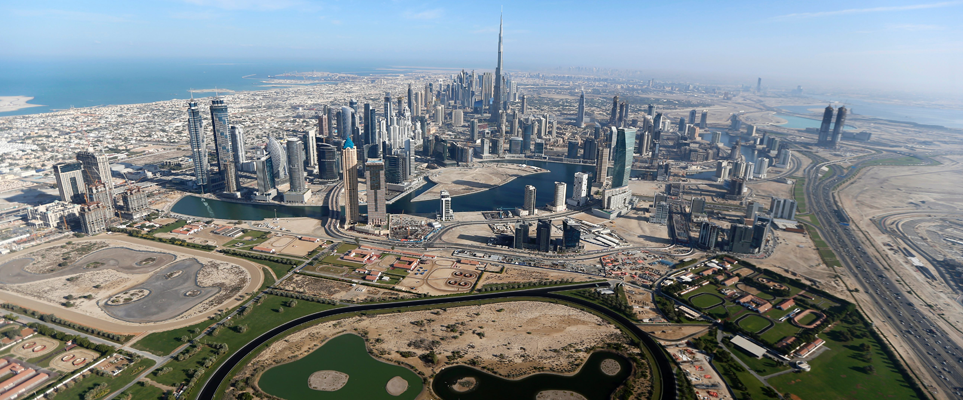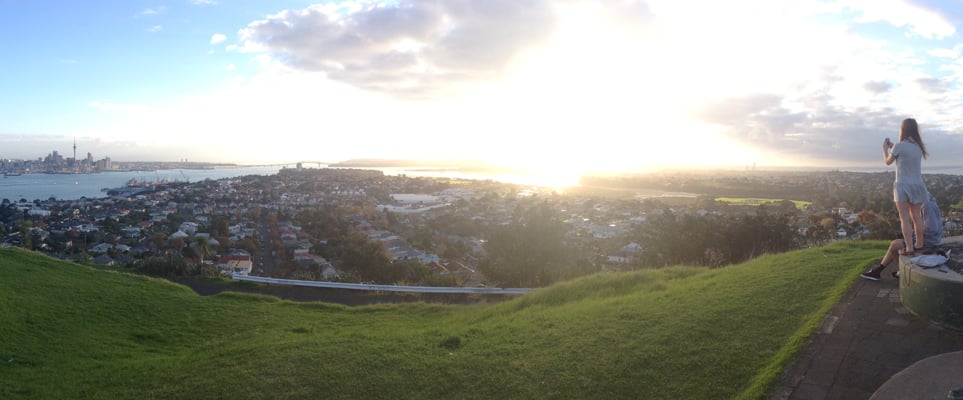Quality of living in Dubai - How it ranks against the world
For the 11th year in a row quality of living in Dubai has been ranked as the top in the Middle East and Africa region.
Mercer’s 18th annual Quality of Living survey has just been released, and it’s put Dubai at number 75 in the world, and at number one in the Middle East and Africa region.
The survey ranks 230 cities annually, with with our emirate at 75 it’s in the top third of the globe when it comes to quality of life. Last year it ranked at 74, so it has slipped down by one place.
 Dubai, you little beauty.
Dubai, you little beauty.
Meanwhile, capital Abu Dhabi came in at number 81 in the globe, and number two in the region.
*READ MORE: So is Dubai really an expensive place to live?*
When it comes to safety, Abu Dhabi ranks as the safest city in the region and the 23rd safest city in the world. Dubai came in at number 40 out of 230 for safety. Luxemborg City in the tiny European nation of Luxemborg was ranked as the safest city in the world.
The other cities that ranked well in the region were Port Louis in Mauritius (83), Durban in South Africa (85) and Cape Town in South Africa (92). Baghdad was the lowest ranked city in the region, and worldwide, at 230.
THE TOP FIVE
1. Vienna, Austria
2. Zurich, Switzerland
3. Auckland, New Zealand

4. Munich, Germany
5. Vancouver, Canada
The reason Mercer conducts its annual Quality of Living survey is to help companies figure out fair compensation for their workers when sending them to other countries to work.
THE 10 CATEGORIES USED TO EVALUATE QUALITY OF LIFE
- Political and social environment (political stability, crime, law enforcement, etc.).
- Economic environment (currency exchange regulations, banking services).
- Socio-cultural environment (media availability and censorship, limitations on personal freedom).
- Medical and health considerations (medical supplies and services, infectious diseases, sewage, waste disposal, air pollution, etc.).
- Schools and education (standards and availability of international schools).
- Public services and transportation (electricity, water, public transportation, traffic congestion, etc.).
- Recreation (restaurants, theatres, cinemas, sports and leisure, etc.).
- Consumer goods (availability of food/daily consumption items, cars, etc.).
- Housing (rental housing, household appliances, furniture, maintenance services).
- Natural environment (climate, record of natural disasters).
For more on the methodology, head to Mercer’s website.
– For more about Dubai straight to your newsfeed, follow us on Facebook.
Photos: Getty
